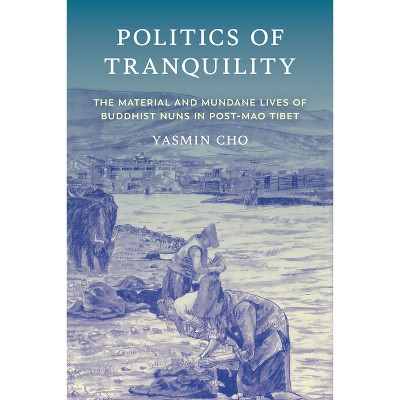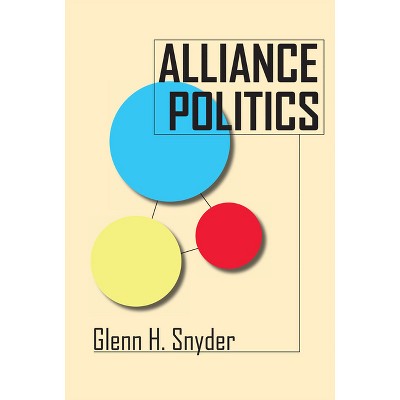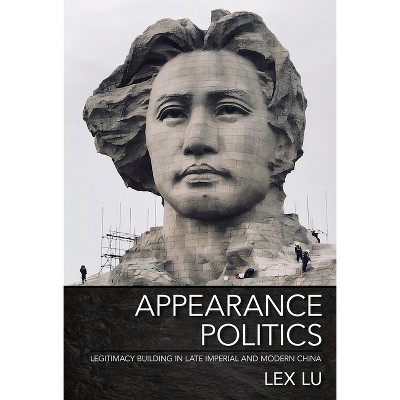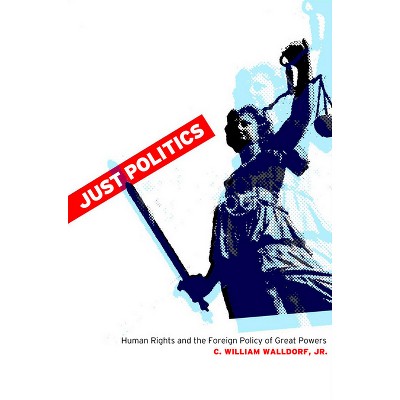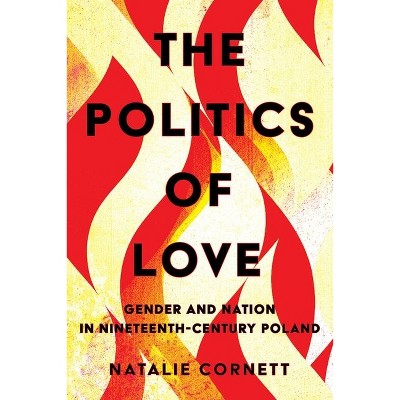Sponsored

The Racial Politics of Division - by Monika Gosin (Paperback)
In Stock
Sponsored
About this item
Highlights
- The Racial Politics of Division deconstructs antagonistic discourses that circulated in local Miami media between African Americans, "white" Cubans, and "black" Cubans during the 1980 Mariel Boatlift and the 1994 Balsero Crisis.
- About the Author: Monika Gosin is Assistant Professor of Sociology at the College of William and Mary.
- 276 Pages
- Social Science, Discrimination & Race Relations
Description
About the Book
"Focusing on interminority tensions between African Americans, white Cubans, and Afro-Cubans in Miami when national trends toward majority-minority spaces had just begun to emerge, The Racial Politics of Division exposes the roots of interethnic conflict and their connection to the race-making practices of the Anglo elite, adding dimension to modern debates about race, blackness, immigration, and interethnic relations in multicultural America"--Book Synopsis
The Racial Politics of Division deconstructs antagonistic discourses that circulated in local Miami media between African Americans, "white" Cubans, and "black" Cubans during the 1980 Mariel Boatlift and the 1994 Balsero Crisis. Monika Gosin challenges exclusionary arguments pitting these groups against one another and depicts instead the nuanced ways in which identities have been constructed, negotiated, rejected, and reclaimed in the context of Miami's historical multiethnic tensions.
Focusing on ideas of "legitimacy," Gosin argues that dominant race-making ideologies of the white establishment regarding "worthy citizenship" and national belonging shape inter-minority conflict as groups negotiate their precarious positioning within the nation. Rejecting oversimplified and divisive racial politics, The Racial Politics of Division portrays the lived experiences of African Americans, white Cubans, and Afro-Cubans as disrupters in the binary frames of worth-citizenship narratives.
Foregrounding the oft-neglected voices of Afro-Cubans, Gosin posits new narratives regarding racial positioning and notions of solidarity in Miami. By looking back to interethnic conflict that foreshadowed current demographic and social trends, she provides us with lessons for current debates surrounding immigration, interethnic relations, and national belonging. Gosin also shows us that despite these new demographic realities, white racial power continues to reproduce itself by requiring complicity of racialized groups in exchange for a tenuous claim on US citizenship.
Review Quotes
The Racial Politics of Division is a strong new addition to the field of race, ethnicity, and immigration; U.S. Latin(x) population studies; and Black studies. Race scholars will benefit from considering how Afro-Cuban racialization experiences challenge cultural ideals about the meaning and function of race. A broad audience will also find the author's use of news artifacts and interviews engaging and authoritative, making this ideal for classroom use.
-- "American Journal of Sociology"The Racial Politics of Division makes an important contribution to social identity research related to race, ethnicity, and immigration.
-- "Choice"About the Author
Monika Gosin is Assistant Professor of Sociology at the College of William and Mary.






